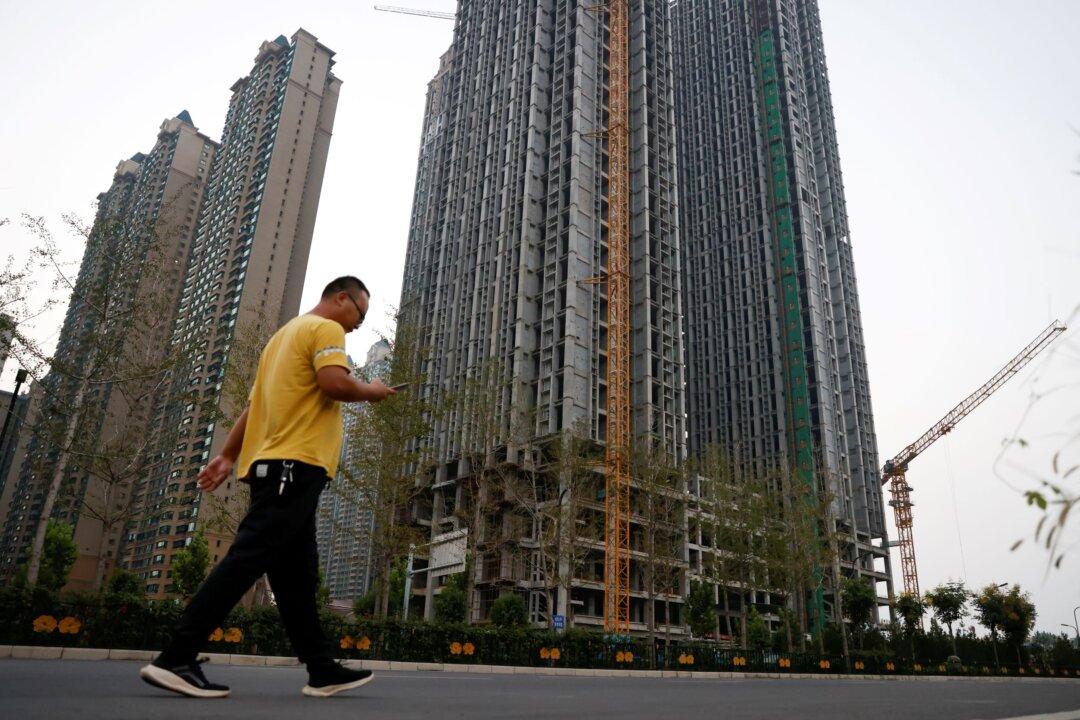News Analysis
China’s big property developers are increasingly weak, and through the pressure of local officials, unloading risk onto the country’s financial system and Beijing itself.

China’s big property developers are increasingly weak, and through the pressure of local officials, unloading risk onto the country’s financial system and Beijing itself.